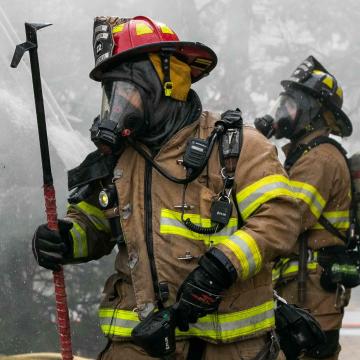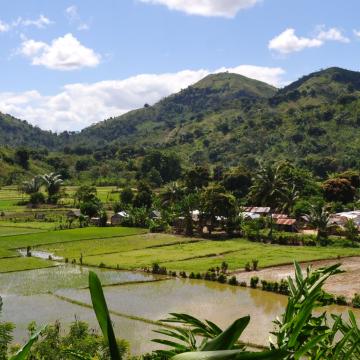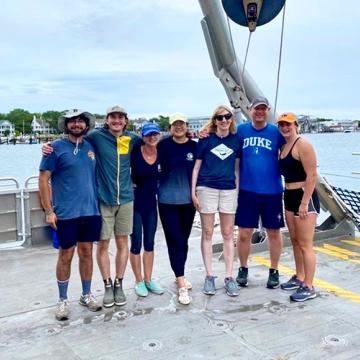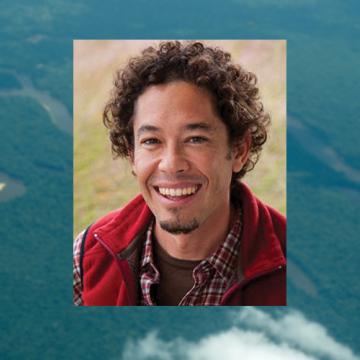-
NewsA Duke Forest tour featured research from the SEEDS Lab.
-
NewsA trove of lithium-rich brine exists underground in Bolivia. Researchers conducted the first comprehensive chemical analysis of wastewater associated with mining the resource.
-
NewsSmall-scale fisheries play a significant but overlooked role in global fisheries production and are key to addressing hunger and malnutrition while supporting livelihoods around the world, according to research featured on the cover of Nature.
-
NewsDuke study reveals low levels of common contaminants but high levels of other elements in waters associated with an abandoned lithium mine.
-
NewsKidney disease is typically linked to conditions like diabetes and high blood pressure, which gradually wear down the kidneys’ delicate systems that keep the body in balance. But the communities that Duke University researchers Nishad Jayasundara , PhD, and nephrologist Anna Strasma , MD, study are facing a different problem.
-
NewsReforestation in low- and middle-income countries can remove up to 10 times more carbon dioxide from the atmosphere at lower cost than previously estimated, making it a potentially more effective option to fight climate change.
-
NewsMeet the Hunt Lab, learn more about its research focus, a lab member's experience in the lab and the opportunities the lab offers Duke students.
-
NewsExchangeable manganese cuts carbon storage in boreal forests
-
NewsMeet the Vengosh Lab, learn more about its research focus, PhD students' experience in the lab and the opportunities the lab offers Duke students.
-
NewsMeet the Stapleton Lab, learn more about its research focus, a postdoc's experience in the lab and the opportunities the lab offers Duke students.
-
NewsGulf War Illness (GWI), which affects approximately 250,000 U.S. veterans, has been found to significantly reduce the ability of white blood cells to make energy and creates a measurable biochemical difference in veterans who have the disease. The finding comes from a physician who noticed GWI symptoms paralleled those of mitochondrial diseases. Analysis revealed significantly lower levels of extracellular acidification and oxygen consumption in the white blood cells of veterans with GWI.
-
NewsNishad Jayasundara recently presented “Climate Change and Pollution: Challenges, Opportunities, and the Ticking Clock for Kidneys,” discussing environmental change and kidney health.
-
NewsXavier Basurto is broadly interested in how people in small communities successfully organize themselves for collective action. His recent talk described his work in advancing the understanding of non-colonialist sustainability science: the prospects and limitations of self-organization, or self-governance, for social-ecological sustainability, particularly in the Global South.














